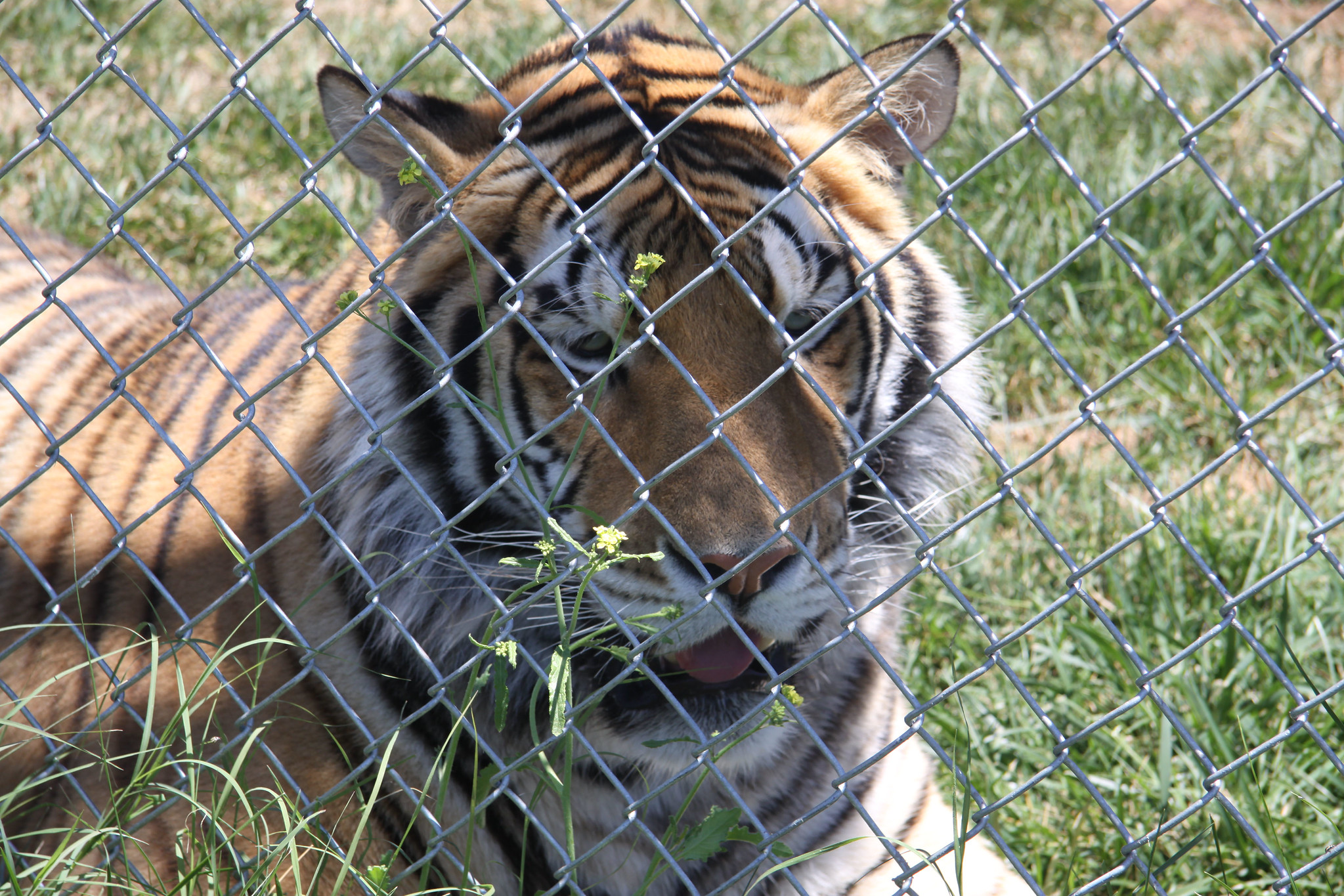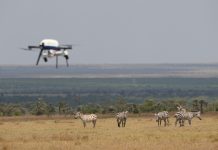Written by: Kimberly White
TikTok has joined the fight against illegal wildlife trafficking.
In an effort to protect some of the world’s most endangered species, TikTok has teamed up with the Coalition to End Wildlife Trafficking Online, a growing alliance of the world’s top tech companies working to combat the illegal wildlife trade.
Founded by the World Wildlife Fund, TRAFFIC, and the International Fund for Animal Welfare, the Coalition aims to unite e-commerce, search, and social media companies from around the globe to reduce wildlife trafficking online. Members of the Coalition include Google, Instagram, eBay, Alibaba, Tencent, and Microsoft.
Coalition members work with the aforementioned wildlife groups to develop a platform-specific action plan to address the threats on their respective platforms. The action plan activities are divided into six categories- policy, staff training, user education, citizen science, automated detection, and share learning.
Companies will review and update prohibited content, community standards, and ad policies to align with the Coalition Prohibited Wildlife Policy Framework. Coalition members will also provide staff training to increase prohibited species detection and engage their users in reporting suspicious listings.
“Our Community Guidelines already make it clear that any content that depicts or promotes the poaching or illegal trade of wildlife is not allowed on our platform and will be removed when identified. Since November, our teams have removed 85.3 percent of this kind of content before it received a single view. Our Advertising Policies also make it clear that we prohibit the advertising of products derived from protected animals or the sale of animals themselves,” said TikTok’s Luc Adenot, Global Policy Lead, Illegal Activities and Regulated Goods and Johan Salaï, Global Product and Process Lead, Illegal Activities and Regulated Goods.
“We know that the criminals who facilitate wildlife trafficking constantly change their tactics to evade detection that makes this kind of partnership essential. Working with the Coalition will enable the sharing of best practices within industry, support the monitoring of emerging developments, and give us the opportunity to hear honest feedback that helps us to continue to improve,” added Adenot and Salaï.
Following habitat destruction, the wildlife trade is the second-biggest threat to species, according to WWF. The illegal wildlife trade is pushing countless species towards extinction, including elephants, pangolins, and tigers.
Every year, more than 15,000 elephants are killed to meet the demand for illegal ivory.
Pangolins are considered the most trafficked mammal in the world. Pangolin meat is considered a delicacy in some countries, and its skin and scales are used in traditional medicine and processed into leather products.
In recent years, wildlife crime has transformed, shifting from physical markets to online platforms. Advances in technology and internet accessibility have made it easier to purchase and sell endangered species and illegal wildlife products.
“Criminal networks are taking advantage of internet platforms at the expense of the rarest species nature has to offer,” stated Crawford Allan, Senior Director for TRAFFIC, following the launch of the 2020 Offline and in the Wild report. “But the vastness of the internet presents a challenge for law enforcement to regulate.”
Shutting down the trade has proven difficult due to the scale and anonymous nature of online wildlife trafficking and weak regulations and legislation.
Since launching in 2018, members of the global Coalition have blocked or removed four million illegal wildlife listings, including listings for live tigers and primates and products derived from elephants and pangolins. The number of listings removed is likely to be higher as members continue to enhance their ability to measure impact, says the Coalition.
“The scale of wildlife trafficking online is very challenging to quantify given its illegal nature, but we know that online platforms like TikTok are essential to the solution,” said Giavanna Grein, TRAFFIC Senior Program Officer. “We’re looking forward to working alongside TikTok and helping mobilize its millions of users to creatively prevent this illegal trade from growing on the platform.”
Header Image: Tiger seized during Operation Jungle Book Credit: USFWS







